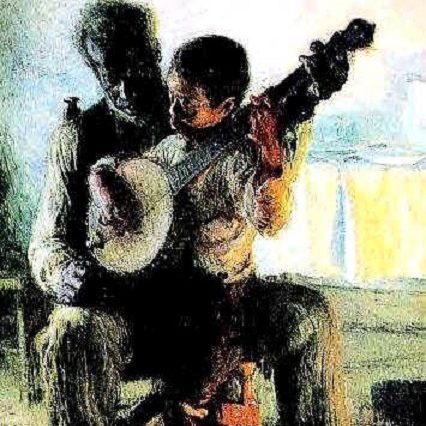Being the basis of near all African American music, Negro Spirituals hold immense significance to the Black community. Times were bleak when this music were curated back in the 1800s, proving to be the only spirit the enslaved would have in this era.
Background
To instead refer to this genre as “African American Spirituals” wouldn’t do justice, considering these people weren’t American at the time; they were property, and– if not that– they weren’t human. In forcing the enslaved into Christianity, missionaries would “justify” slavery by claiming Africans were akin to animals, therefore, nonhuman. The introduction to Christianity was a harsh one, but God’s faith was with the enslaved long before Whites introduced them. This faith would be the base of the spirituals to come.
These songs would be used to not only relieve stress, but messages were sewn into each musical lyric, whether it be to convey the misery felt from having their families separated or communicating codes on how to rebel and escape. An example would be the song Roll, Jordan, Roll, which was originally played to Black enslaves while converting them to Christianity. The enslaved would turn the original song’s message on its end; where it originally referred to the Jordan River leading to the Promised Land, it now inferred to the Mississippi and Ohio rivers, which led to their promised land: the North for escape.
http://https://www.youtube.com/watch?v=S7iCMNIPNf8
In the example provided, there are notably no instruments, contrasting to Africa’s deeply rich, musical culture. Africans who brought their homeland land instruments with them would have those tools stripped away and were forbidden from playing them. They prevailed and improvised, opting for claps to create beats. This structure would notably leak into gospel music, which would as well inspire jubilee quartets, jazz, blues, and practically all other Black music.


